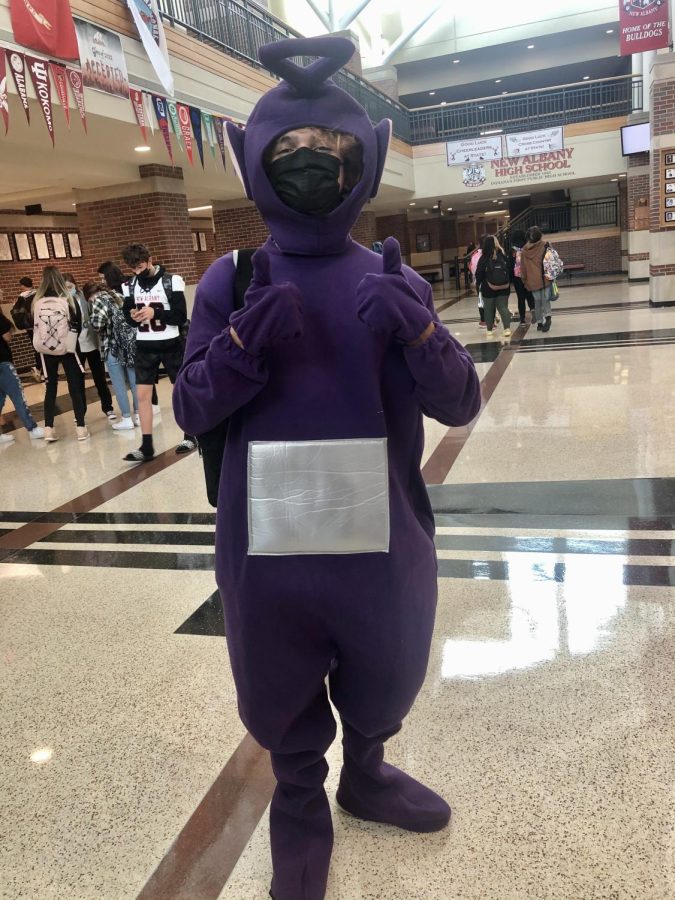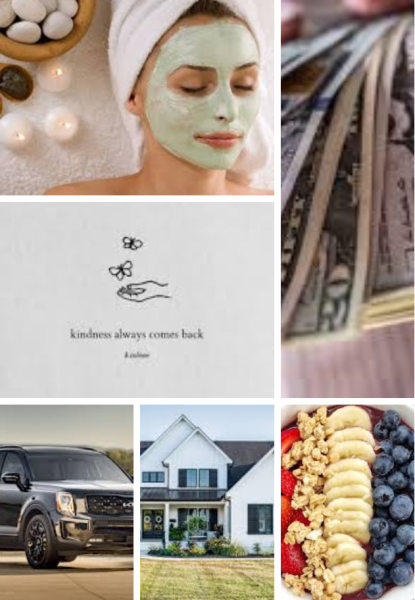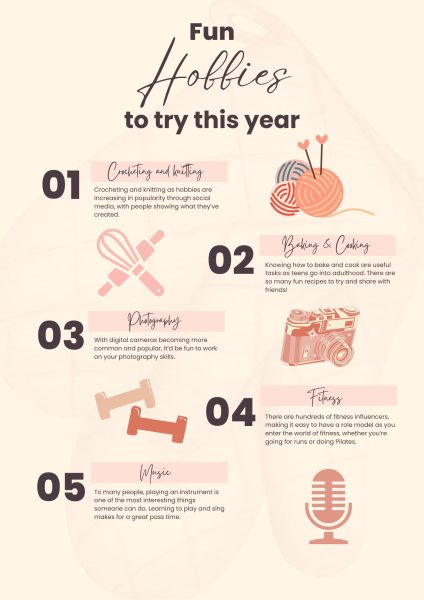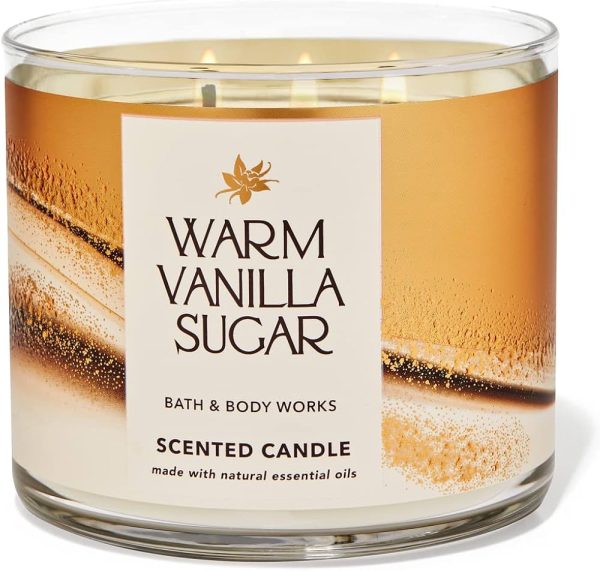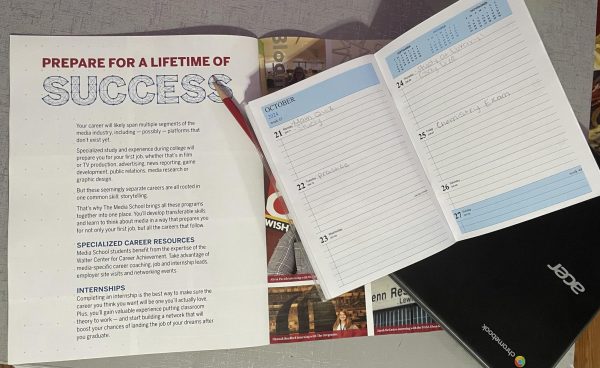Canceled costumes
Dressing up according to race, culture, religion, disability could offend others
Imagine Halloween is quickly approaching and you need a costume fast. Most people stick with traditional – a witch, a vampire, a ghost or a zombie. Others might take a different route.
65% of Americans are planning on participating in spooky Halloween activities, according to a survey from the National Retail Federation. One of those activities includes dressing up. The survey showed 46% of Americans planned on dressing up this Halloween.
While most costumes are harmless, some can be considered offensive.
“If you dress up as a race you’re not, a disability you don’t have, or a religion you aren’t, that would be bad,” sophomore Stephen Gaetano said. “Basically, if you dress up as something you aren’t to mock it, that would be really offensive.”
Freshman Micah Collins dressed up as Spiderman this year for Halloween.
“If you dress up as someone from a TV show that is traditionally black or white or whatever race,” freshman Micah Collins said. “If you dress up as that character even though you aren’t that race I feel like that would be fine.”
Parents say 29% of offensive costumes include cultural appropriation and 43% have to do with blackface, according to a survey done by OnePoll in 2021.
“If a costume is dependent on race that should be stopped,” Gaetano said. “If a little kid really wants to dress a Tiana and doesn’t alter their race, their age makes it fine because they want to be like their favorite character and aren’t being offensive. If you’re an adult you know better.”
34% of Americans think it is okay to darken your skin with makeup for a Halloween costume. However, 53% of Americans think that it is not acceptable to darken your skin with makeup for a Halloween costume, according to a poll done by Pew Research Center 2019.
“There are obvious cultural norms that are against what is considered normal these days,” Collins said. “Something like blackface wouldn’t be okay, that is never okay.”
The NRF president and CEO Matthew Shay told Fox 59, “Americans plan to spend more than ever to make this Halloween a memorable one.”
Will their costumes be so cute they’re memorable or so offensive you can’t forget it?
“Costumes that are mocking someone’s religion or culture would be offensive,” freshman Sophia Sharp said. “If it has to do with people’s beliefs or identities that is too far.”
The NRF survey says some of the top ten Halloween costumes for adults are a witch, vampire, ghost, cat, pirate, and more. However, junior JB Diehl dressed up with his own unique costume.
“I dressed up as a Morman for Halloween in seventh grade,” Diehl said. “I still think the costume is funny but I realize that if I did it now as a junior it would probably be in poor taste.”
Pew Research Center reported that 58% of Americans think it is okay to dress as another culture for a Halloween costume.
“I think it would be okay to dress up as something from another culture,” senior Ian Rodriguez said. “If another culture has something cool I think it would be almost rude to not want to experience that as well. In this day and age I think everyone should want to share their culture.”
Rodriguez says it’s okay to wear a costume that could be considered somewhat stereotypical.
“If someone wears a sombrero and a mustache and a poncho I don’t personally find that offensive,” Rodriguez said. “Even though that is considered a bit stereotypical I still think it is fine.”
On the opposing side, the survey shows that 27% percent of Americans think that it is not okay to dress as another culture for a costume.
National Educators Association gave three tips on how to avoid offensive Halloween costumes: if in doubt leave it out, be the example you would’ve wanted, would you wear that costume in front of people from that group.
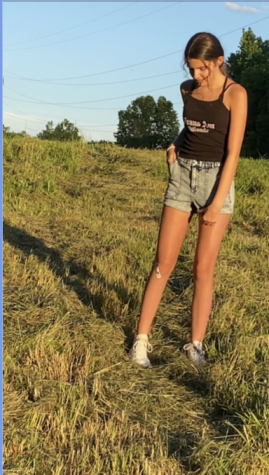
Carlee Smith's Five Favorites
Favorite Shows
My top 3 favorite shows are Friends, The Office, and That 70’s show.
Favorite Drinks
My favorite drink...


